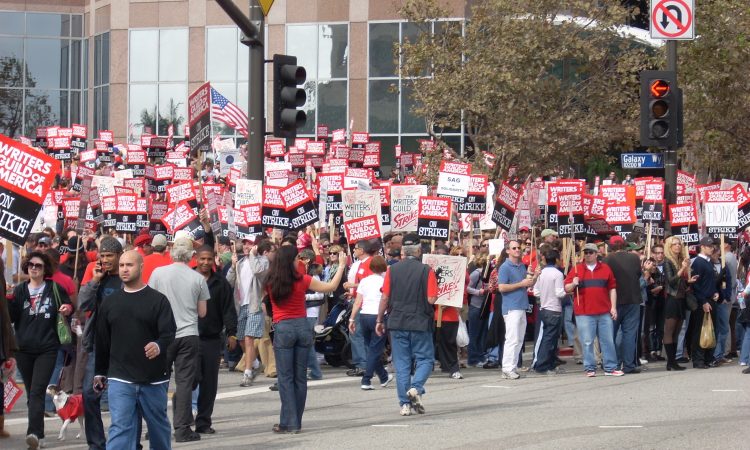The national board of directors for SAG-AFTRA unanimously agreed to endorse a strike by Hollywood actors, further escalating labor disputes within the entertainment field. The board’s vote came after unsuccessful talks with major studios regarding a new contract for film and television, with actors demanding better wages, fair compensation for streaming, and addressing concerns about the use of artificial intelligence in the industry.
Despite the involvement of federal mediators, the union, which boasts a membership of 160,000, was unable to reach a satisfactory agreement with the Alliance of Motion Picture and Television Producers (AMPTP). Consequently, the previous collective bargaining agreement expired, leaving a void in its place.
At a press conference, SAG-AFTRA President Fran Drescher strongly criticized the studios, portraying actors as victims exploited by greedy entities. In contrast, the studios argued that their proposal included unprecedented salary increases, innovative safeguards for AI implementation, and consent from performers for digital alterations.
The strike is anticipated to cause disruptions in production, hinder promotional activities, and serve as a litmus test for the industry. Notably, this marks the first time in 63 years that actors and writers have simultaneously gone on strike, highlighting ongoing issues surrounding fair compensation in the era of streaming.
The union’s demands encompass raises in minimum wage, improved health and retirement plans, and measures to protect against the implications of AI. The AMPTP expressed regret over the strike, emphasizing the potential financial hardship it could inflict on various industry participants.
Negotiations had been protracted, with SAG-AFTRA members granting strike authorization before the deadline. However, concerns raised by prominent members ignited a push for an innovative agreement.
